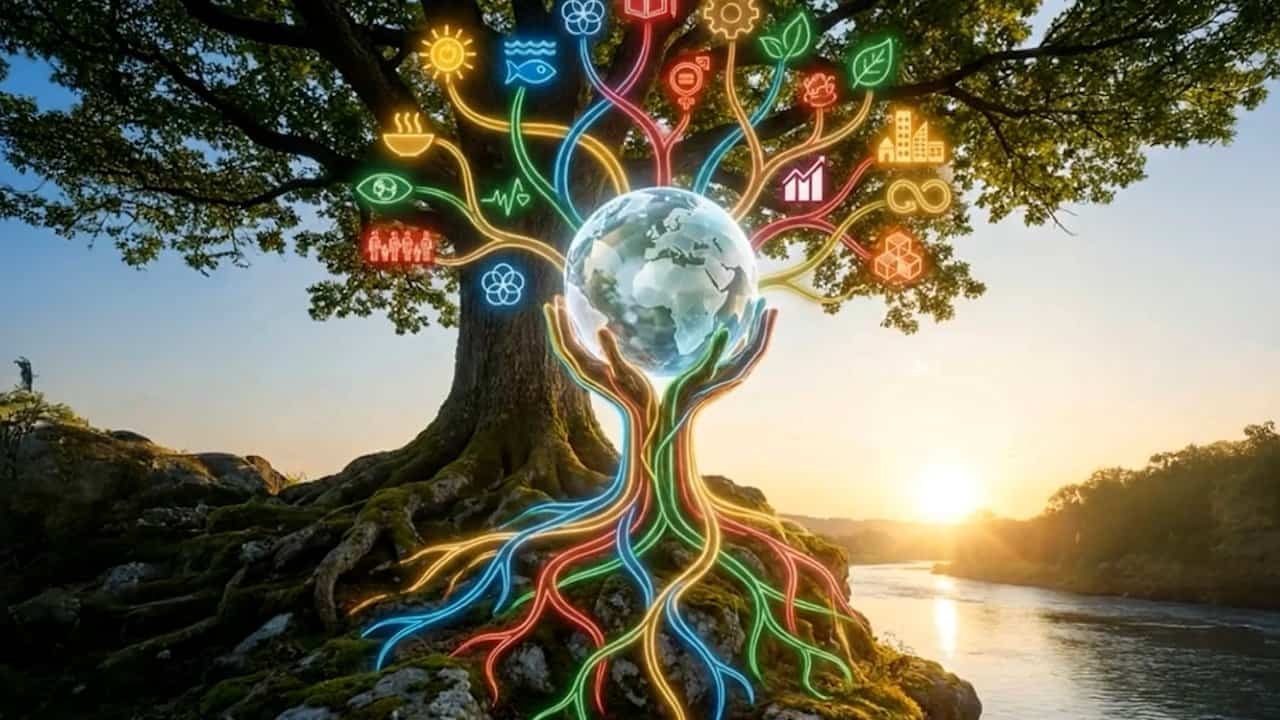
What is an SDG?
A Shared Global Promise
SDG stands for Sustainable Development Goal. In 2015, all United Nations Member States adopted the "2030 Agenda for Sustainable Development." It wasn't just a list of wishes; it was a universal call to action.

Engineering the Solutions
The World Federation of Engineering Organizations (WFEO) emphasizes that every goal requires technical innovation.
Water Scarcity
2.2 billion people lack access to safely managed drinking water.
Purification
Engineers design advanced membrane filtration to turn wastewater into resource.
Energy Crisis
Reliance on fossil fuels is driving climate change.
Smart Grids
Engineers build high-efficiency storage to make solar and wind viable.
Urban Crowding
By 2050, 68% of humanity will live in cities.
Vertical Forests
Structural engineers use BIM to build towers that absorb CO2.
Everything Connects
The goals are a system. Pulling on one affects them all.

The "Engineering Gap"
While the goals are clear, the capacity to deliver them is not distributed equally. A major focus of World Engineering Day is bridging the engineering gap.
Many developing nations lack the number of engineers required to build roads, power grids, and water systems.
The United Nations
Read the official resolution adopted by the General Assembly.
Official UN Site